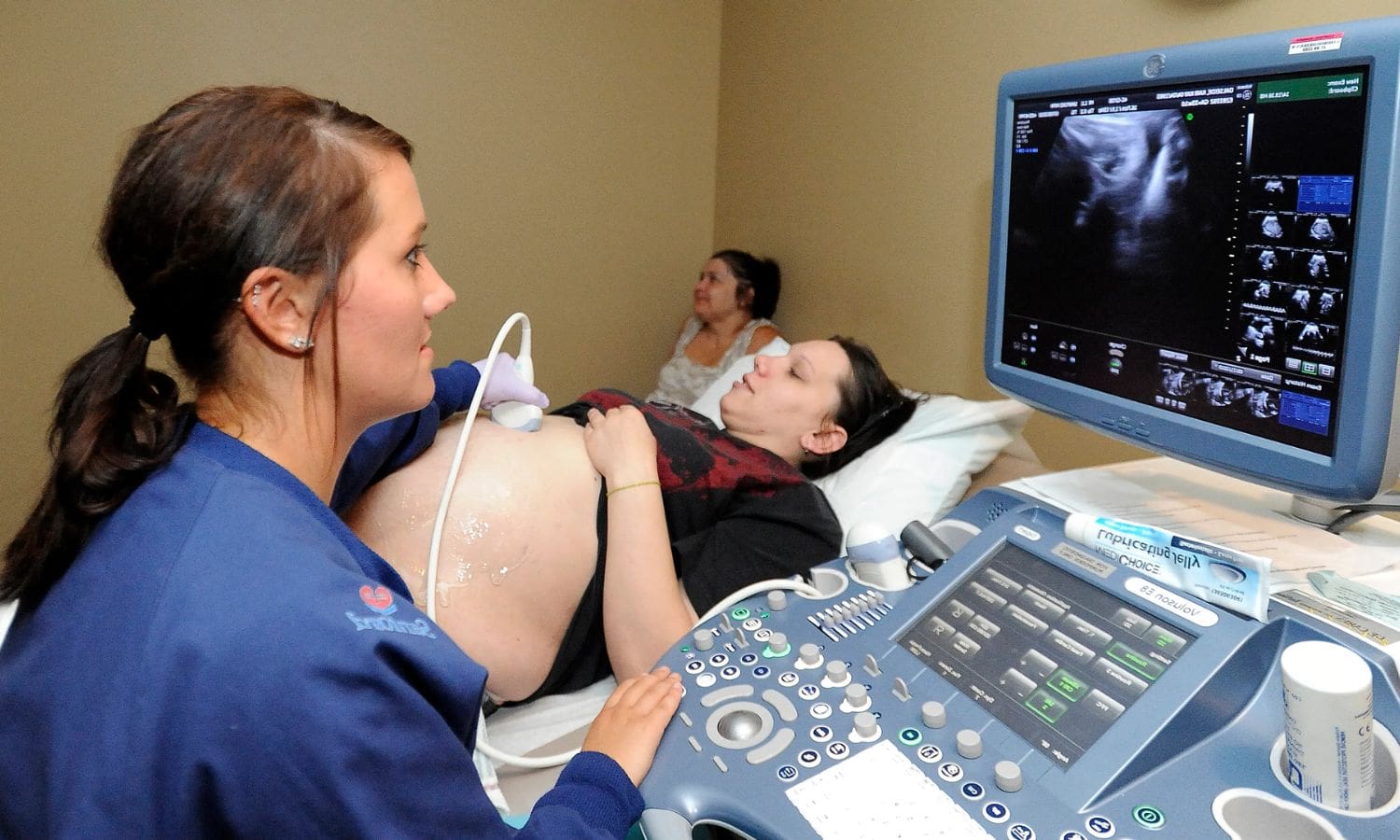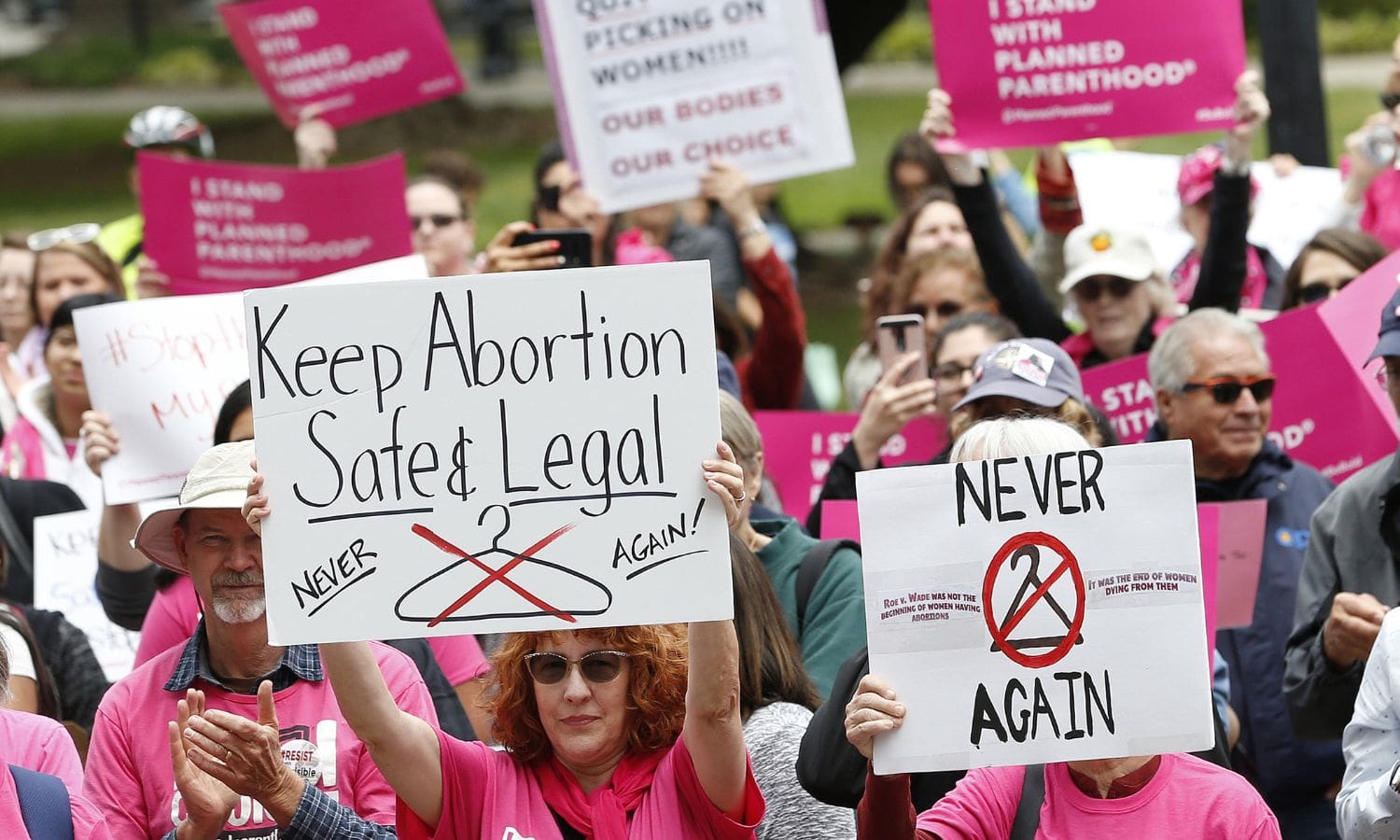California Crisis Pregnancy Centers: In the state of California, Crisis Pregnancy Centers (CPCs) have proliferated, outnumbering abortion clinics. This article provides an objective and detailed overview of this coexistence, highlighting the deceptive nature of CPCs and their impact on reproductive healthcare decision-making.
With a call for increased awareness and transparency, it aims to inform a discerning audience about this issue and foster a deeper understanding of the complexities surrounding reproductive healthcare in California.
Key Takeaways Of California Crisis Pregnancy Centers
- Crisis pregnancy centers (CPCs) outnumber abortion clinics in some areas of California.
- CPCs often use misleading advertising and fail to provide accurate medical information and comprehensive reproductive healthcare.
- CPCs aim to dissuade individuals from choosing abortion and are often affiliated with religious or anti-abortion organizations.
- Crisis pregnancy centers significantly influence individuals’ reproductive healthcare decision-making through misleading information and emotional manipulation tactics.


Coexistence of Crisis Pregnancy Centers and Abortion Clinics in California: An Overview
The coexistence of crisis pregnancy centers and abortion clinics in California presents a complex and contentious issue. Crisis pregnancy centers (CPCs) are non-profit organizations that provide resources and support for women facing unplanned pregnancies, often with the goal of dissuading them from obtaining abortions.
Abortion clinics, on the other hand, are medical facilities that offer pregnancy termination services. In California, there are a significant number of CPCs, outnumbering abortion clinics in some areas. This coexistence has sparked debate regarding the ethical implications of CPCs, as they have been accused of using deceptive tactics to dissuade women from seeking abortions.
Proponents argue that CPCs provide valuable resources and options for women in crisis pregnancies. However, critics argue that CPCs often provide misleading or inaccurate information, infringing upon a woman’s right to access unbiased healthcare.
The coexistence of these two entities raises important questions about the balance between reproductive rights, access to information, and the ethical responsibilities of healthcare providers.
Deceptive Nature of Crisis Pregnancy Centers
The deceptive nature of crisis pregnancy centers has become a topic of concern and controversy, particularly in relation to the ethical responsibilities of healthcare providers and the right to access unbiased healthcare. These centers, which often masquerade as community health clinics, lack the necessary medical licenses to provide comprehensive reproductive health services.
Here are some key points to consider:
- Misleading advertising: Crisis pregnancy centers often use deceptive tactics to attract women seeking information about pregnancy options, such as advertising themselves as unbiased sources of information while promoting an anti-abortion agenda.
- Limited services: These centers frequently fail to provide accurate medical information and comprehensive reproductive healthcare, instead offering biased counseling aimed at discouraging abortion.
- Delaying tactics: Crisis pregnancy centers have been known to employ tactics such as scheduling unnecessary appointments or providing false information about the gestational age of the pregnancy, in order to delay a woman’s access to abortion services.
The existence of crisis pregnancy centers raises important questions about the ethical responsibilities of healthcare providers and the need for unbiased healthcare options for women seeking reproductive healthcare.


Objectives of Crisis Pregnancy Centers
An article titled ‘In California, Crisis Pregnancy Centers Outnumber Abortion Clinics’ raises the question of the objectives of crisis pregnancy centers.
Crisis pregnancy centers, or CPCs, are often affiliated with religious or anti-abortion organizations and aim to provide alternatives to abortion for pregnant individuals. The primary objective of these centers is to dissuade individuals from choosing abortion by offering counseling, support, and resources.
CPCs typically present themselves as medical facilities, but they are not regulated or licensed like abortion clinics. Critics argue that some CPCs use deceptive tactics to manipulate and misinform individuals seeking information about their reproductive options.
While some crisis pregnancy centers genuinely aim to provide assistance and support to individuals facing unplanned pregnancies, others have been accused of pushing an anti-abortion agenda and providing inaccurate or biased information.
The objectives of crisis pregnancy centers vary, and it is important to approach them with a critical lens and seek comprehensive and unbiased information.
Impact on Reproductive Healthcare Decision-Making
Crisis pregnancy centers significantly influence individuals’ reproductive healthcare decision-making. These centers, which often present themselves as medical facilities, aim to dissuade individuals from seeking abortion services by providing counseling, information, and support for continuing pregnancies.
Their impact on decision-making can be seen in the following ways:
- Misleading information: Crisis pregnancy centers have been known to provide inaccurate or misleading information about abortion procedures, risks, and consequences. This can lead individuals to make ill-informed decisions based on misinformation.
- Emotional manipulation: Crisis pregnancy centers often employ emotionally charged tactics to persuade individuals to choose alternatives to abortion. This can include showing graphic images, sharing personal stories, and emphasizing the potential emotional and psychological consequences of abortion.
It is important for individuals seeking reproductive healthcare to be aware of the potential biases and limitations of crisis pregnancy centers and to access comprehensive, accurate information from reliable sources before making any decisions.
Call for Increased Awareness and Transparency
Advocates emphasize the need to enhance awareness and transparency surrounding the operations of crisis pregnancy centers in California. These centers, often affiliated with religious or anti-abortion organizations, aim to dissuade individuals from choosing abortion by providing counseling, pregnancy tests, and ultrasounds.
However, concerns have been raised about the accuracy and completeness of the information provided at these centers. Advocates argue that individuals seeking reproductive healthcare should have access to unbiased and evidence-based information to make informed decisions. They call for increased transparency in the advertising and signage of these centers, to ensure that individuals are aware of the services they offer and the potential bias they may hold.
Additionally, advocates argue for increased regulation and oversight of crisis pregnancy centers to ensure that they are providing accurate and comprehensive information to clients.


Conclusion Of California Crisis Pregnancy Centers
The coexistence of crisis pregnancy centers and abortion clinics in California raises concerns about the deceptive nature of these centers and their impact on reproductive healthcare decision-making.
It is crucial to increase awareness and transparency regarding the objectives of crisis pregnancy centers, ensuring that individuals have access to accurate and unbiased information when making reproductive healthcare choices.
This will contribute to a more balanced and informed decision-making process.
Our Reader’s Queries
Q1. How many crisis pregnancy centers are in California?
A. California Houses a Minimum of 176 “Crisis Pregnancy Centers,” Reveals CalMatters Analysis
Q2. What is the California pregnancy Program?
A. MCAP offers comprehensive coverage, including medical, vision, and dental services, prenatal care, hospitalizations, mental health services, prescriptions, and more. This coverage is provided at no cost during pregnancy and for one year after pregnancy.
Q3. Is giving birth in California free?
A. The Medi-Cal Access Program (MCAP) extends comprehensive coverage to pregnant individuals, ensuring no-cost access to covered services without copayments or deductibles. Additionally, the program offers coverage for newborns through the Medi-Cal Access Infant Program.

